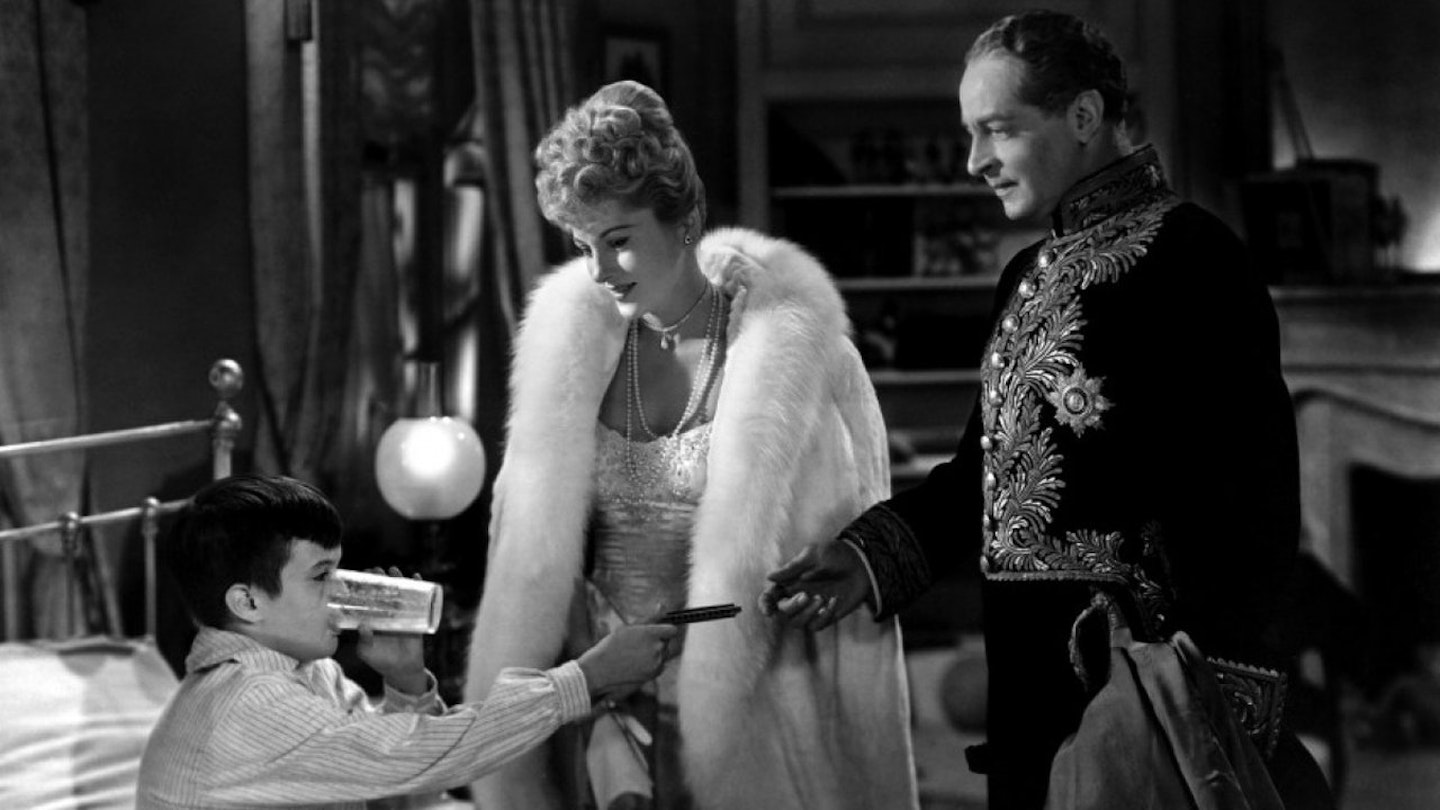No one would hire war emigré Max Ophüls during his first four years in Hollywood and when he was finally engaged for Vendetta, he was fired by envious producer, Howard Hughes. Consequently, he accepted the wholly unsuitable Restoration swashbuckler, The Exile, and made such a rousing job of it that John Houseman was persuaded to offer him this adaptation of Stefan Zweig's 1922 novella.
Collaborating with Casablanca (1942) co-scribe Howard Koch, Ophüls softened the storyline, so that rather than becoming a courtesan, Lisa marries a kindly older suitor, who mistakenly believes that she has again bedded the father of her lost child and, thus, demands satisfaction. However, the biggest alteration came during the denouement, as rather than being moved but unreminded by Lisa's letter, Stefan accepts the duel from a sense of purity and honour instead of sordid duty.
Reunited with Franz Planer, who had photographed Liebelei, Ophüls proceeded to execute a typically brilliant series of fluid camera moves, which took the viewer into the heart of the action. But he also made effective use of pan shots to follow the characters in a less intrusive manner and to locate them more significantly within Alexander Golitzen's majestic recreation of old Vienna's opera house, fairground, fashionable haunts and cosily cluttered domiciles. Indeed, it's tempting to see the influence of such fellow exiles as Ernst Lubitsch and Josef von Sternberg on Ophüls's elegant compositions, which would become ever-more impossibly exquisite after he returned to Europe.
Ophüls also coaxed a superb performance out of Joan Fontaine, who both draws on and plays against the waif-like innocence she exhibited in Alfred Hitchcock's Rebecca and Suspicion. Louis Jourdan also cut a dash as the feckless musician who finds redemption in sacrifice.
But it's Ophüls's restraint and taste that make this so memorable. However, it was dismissed as lightweight schmaltz on its initial release and was only reappraised when Ophüls was hailed as an auteur during the 1950s.
